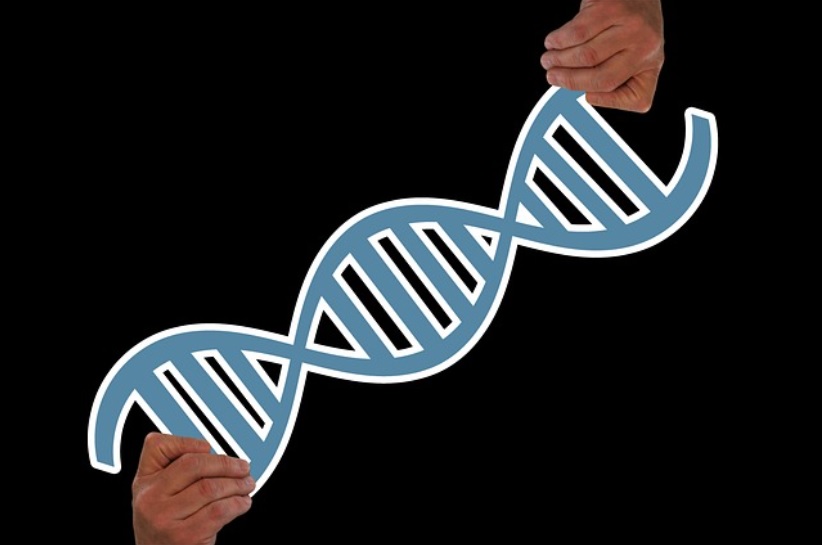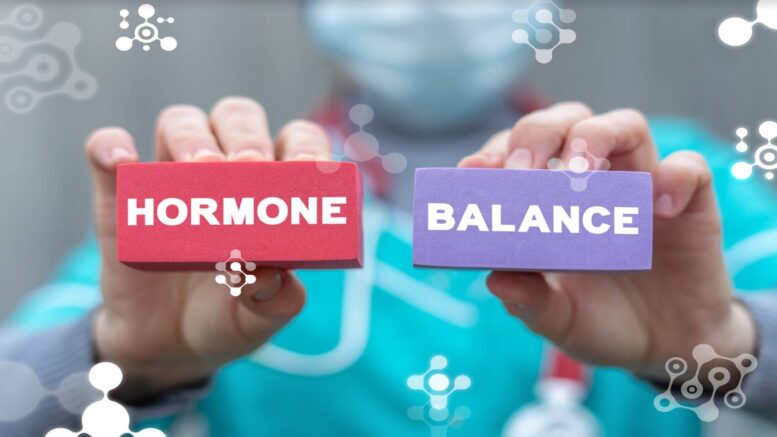Taking care of your health is a fundamental aspect of leading a good life. Though there are various elements contributing to overall health and well-being, hormones and peptides play a crucial role here. These microscopic messengers are the foundation for a happy and productive life. As a result, they influence everything from physical energy to emotional balance.
Even a slight imbalance in hormones or irregular peptide function can lead to many health problems. From mood swings to physical ailments, the impact can be wide-ranging. So, it’s essential to pay attention to what the body is trying to say.
Remember, every small sign or feeling can be a clue. Ignoring these signs might make things worse over time. But the question is, how do peptides and hormones interplay in our health?
In this article, you will know everything, so read on to understand and gain deeper insights.
Let’s first know about Peptides.
Peptides: Building Blocks of Life
Peptides, often called “mini-proteins,” are short chains of amino acids that serve as the fundamental building blocks of life. These remarkable compounds play diverse roles within the body, acting as messengers, signaling molecules, and even as crucial components of enzymes and hormones.
When peptides act up, they can disrupt these processes, leading to health issues and imbalances in the body’s functions. In such instances, researchers use peptides like cjc 1295 ipamorelin to better understand how the body functions. Furthermore, study reveals that this combination can set a higher standard for the regular rise and fall of growth hormones, ensuring the body’s wellness.
Thus, by studying these peptides, experts can unlock valuable insights to fix the puzzle and restore body-mind balance.
Hormones: The body’s Chemical Messengers
Hormones are another class of chemical messengers, often produced by specialized glands in the endocrine system. They travel in your blood and can change how different parts of your body work. They help with things like how your body uses energy, how you grow, and even how you feel.
Peptides, Hormones, and Your Wellbeing: A Deeper Dive
Peptides and hormones have similar roles in some aspects of bodily functioning, but they are fundamentally distinct in their composition and action mechanisms. Understanding these differences is crucial in appreciating their diverse and essential roles in maintaining your health and well-being.
For example, consider the peptide known as “growth hormone-releasing hormone” (GHRH). It serves as the conductor, instructing the pituitary gland to release growth hormone. In turn, growth hormone directs cells to grow and repair. As you may already know, it plays a pivotal role in human development, especially during childhood.
Now that we’ve introduced the players and clarified their roles let’s explore the connections between all.

Promoting Longevity
The balance of peptides and hormones can influence the aging process. Some peptides and hormones contribute to cellular repair, antioxidant defense, and stress resilience—all factors that can enhance the chances of a longer, healthier life.
By understanding and nurturing these connections, individuals can aspire to promote their overall well-being and longevity.
Boosting Energy and Vitality
The combination of peptides and hormones has the incredible power to revitalize your energy levels and zest for life. These chemical messengers play a crucial role in making you feel more lively and enthusiastic.
Let’s take adrenaline, for example. It’s a hormone that gets activated by certain peptides. When you need a sudden burst of energy, like when you’re facing a challenging situation or need to react quickly, adrenaline kicks in. It’s like a natural energy booster that helps you say goodbye to tiredness and ushers in a fresh wave of vitality. This renewed sense of energy contributes to your overall well-being and makes you feel more alive.
Optimizing Sleep Patterns
It’s during those quiet nighttime hours that bodies undergo essential repairs and minds find the rest they need. That is why achieving restorative sleep is essential for physical and mental health. However, the interplay between peptides, hormones, and sleep patterns is a critical aspect of well-being. These elements influence the quality and duration of your sleep.
For instance, the hormone melatonin rises in response to darkness, promoting sleepiness, while peptides like orexin help us stay awake during daylight hours. This orchestrated dance between peptides and hormones ensures that we experience restorative sleep when needed, supporting our physical and mental health.
Conclusion
We hope you found this article informative. Also, understanding how these molecules interact and influence various aspects of your health is the first step towards a healthier, more vibrant life.
So, whether it’s achieving better sleep, managing stress, or aiming for longevity, the connection of peptides and hormones can guide your journey to improved overall well-being.
FAQ’s
What are peptides, and how do they affect the body’s functions?
Peptides are small chains of amino acids that play vital roles in the body’s various functions. They can act as signaling molecules, regulating processes like growth, metabolism, and immune response. Peptides influence well-being by maintaining balance in these processes.
How do hormones affect mood?
Hormones can have a big impact on mood. For example, when stress hormones like cortisol rise, it can lead to feelings of anxiety or irritability. Similarly, hormones like serotonin and dopamine can influence feelings of happiness and well-being.
Can peptides be used to improve wellbeing?
Yes, certain peptides can be used to enhance well-being. For example, some peptides can boost collagen production, promoting healthier skin. Others can aid in weight management or muscle growth, contributing to an overall sense of well-being.
What are some common signs of hormonal imbalances?
Common signs of hormonal imbalances may include mood swings, weight fluctuations, fatigue, irregular menstrual cycles in females, hair loss, and changes in skin condition. If someone suspects a hormonal imbalance, it’s crucial to consult a healthcare provider for proper evaluation.
Are there natural ways to balance hormones for better well-being?
Yes, lifestyle factors like a balanced diet, regular exercise, and adequate sleep can help regulate hormones and improve overall well-being. Additionally, stress management techniques, like meditation or yoga, can also have a positive impact on hormone balance.
